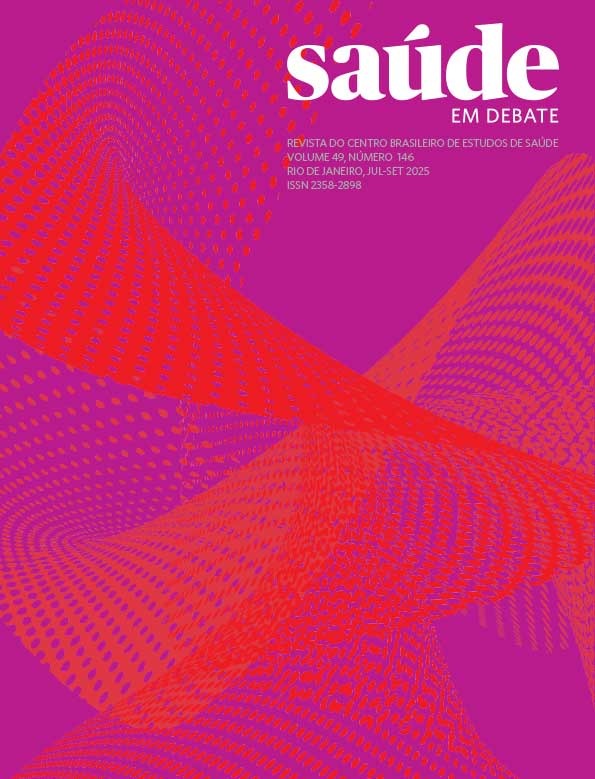Monitoring and Evaluation of food (and nutritional) security in Brazil and Argentina
Keywords:
Food security, Program evaluation, Intersectoral collaboration, Nutrition programs and policies, Civil societyAbstract
This article to present and discuss constituent elements of public policies in Brazil and Argentina aimed at monitoring and evaluating food (and nutritional) security from 2000 to 2023. A qualitative and descriptive study was carried out through documentary analysis of official documents published by the Brazilian and Argentine federal governments, besides a collection built for the study by Oliveira et al. (2022). The documents, filtered using keywords in Portuguese and Spanish within the scope of the study were based on concepts established by Silva (2005), Contandriopoulos et al (1997) and Santos and Sampaio (2013) and dimensions of the context in which the documents were published. In Brazil, it was observed that the monitoring and evaluation of food and nutritional security was driven by legal frameworks and the establishment of a system based on intersectorality, whose operation was related to presidential mandates. In Argentina, the perspective was related to the country's food security policies and programs, predominantly aimed at the health sector. Both countries faced challenges in implementing continuous and institutionalized social participation, instability in political contexts and food emergencies. Collaborative and convergent spaces have proven to be powerful in promoting a management culture, as has participatory Monitoring and Evaluation.
Downloads
Published
How to Cite
Issue
Section
License
Copyright (c) 2025 Saúde em Debate

This work is licensed under a Creative Commons Attribution 4.0 International License.
Data statement
-
The research data is contained in the manuscript

















